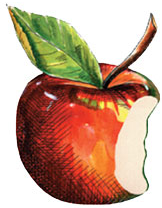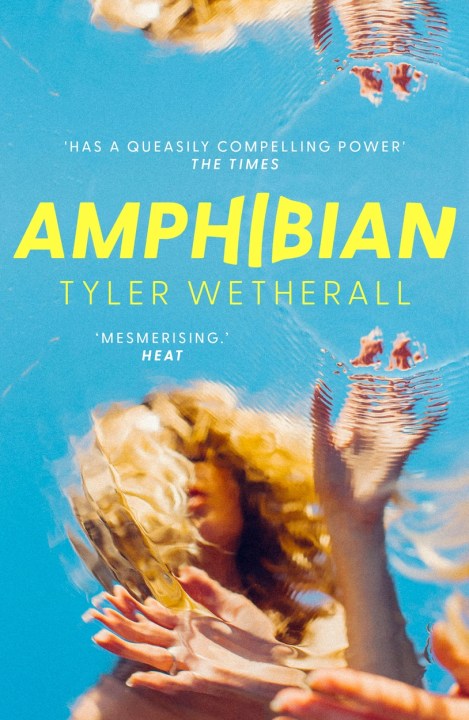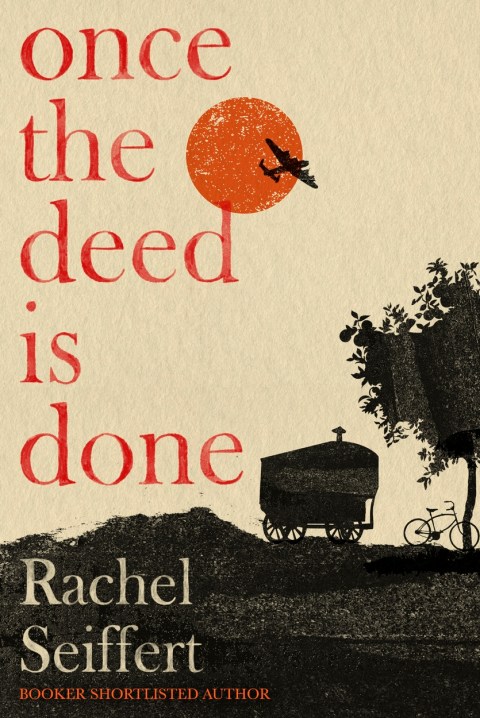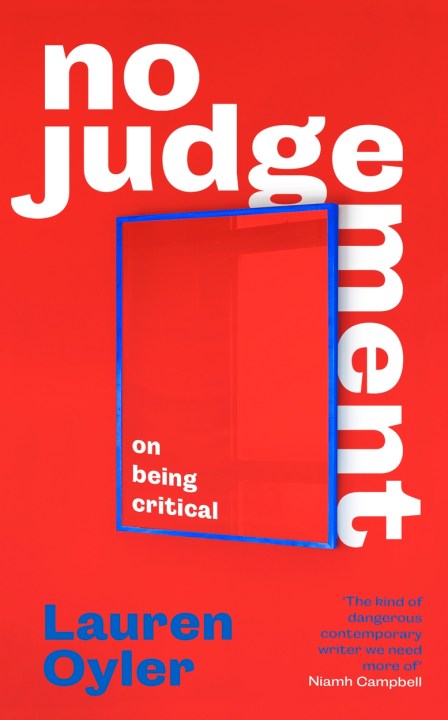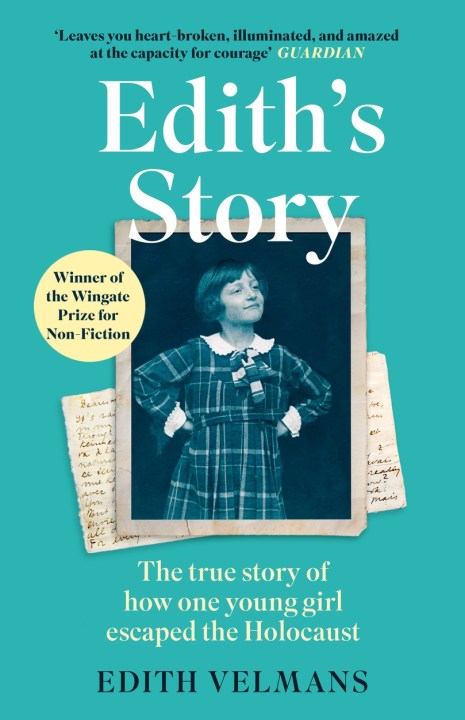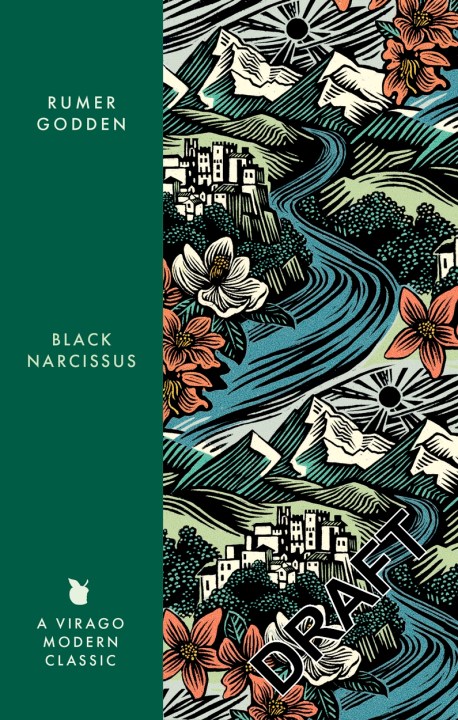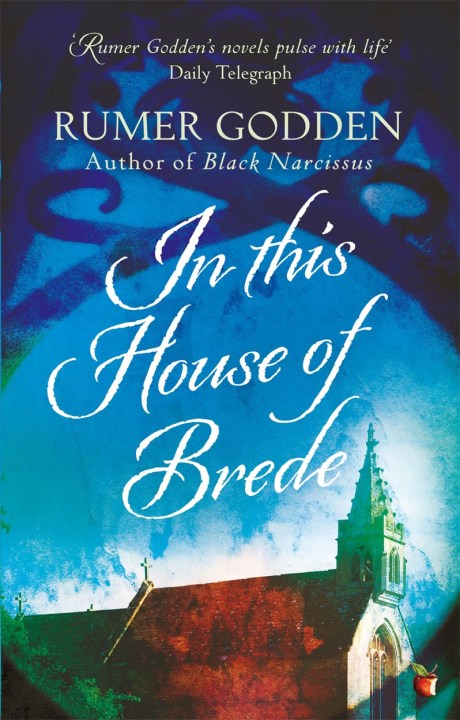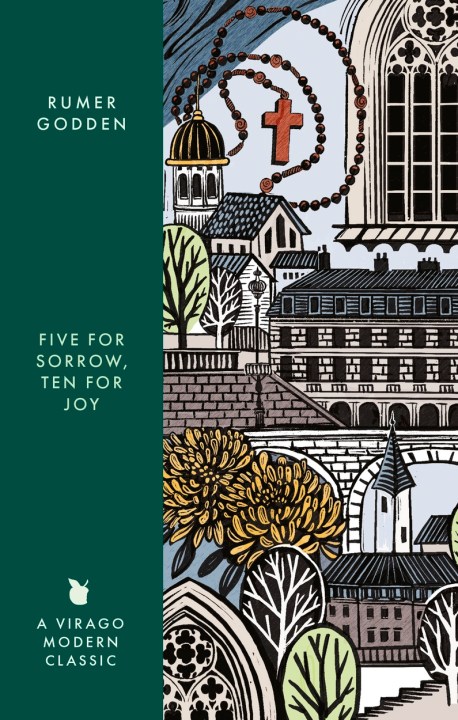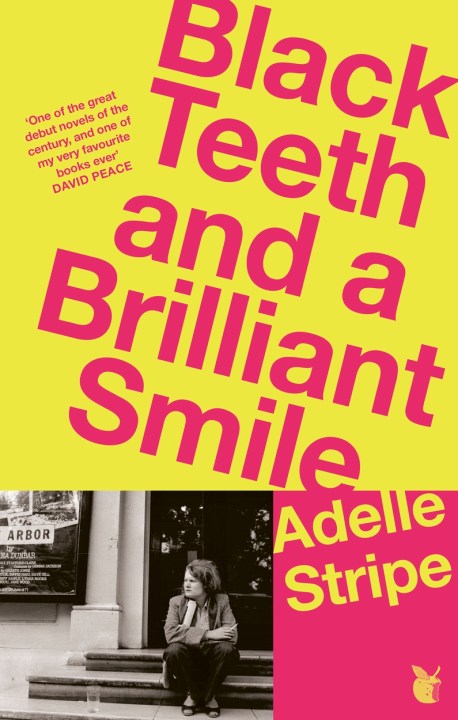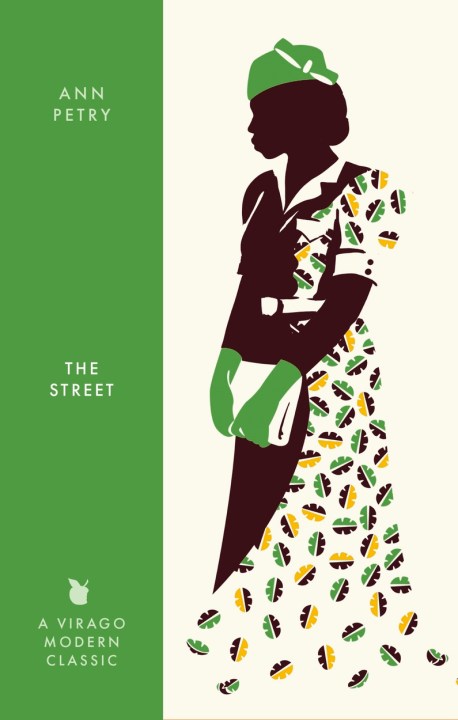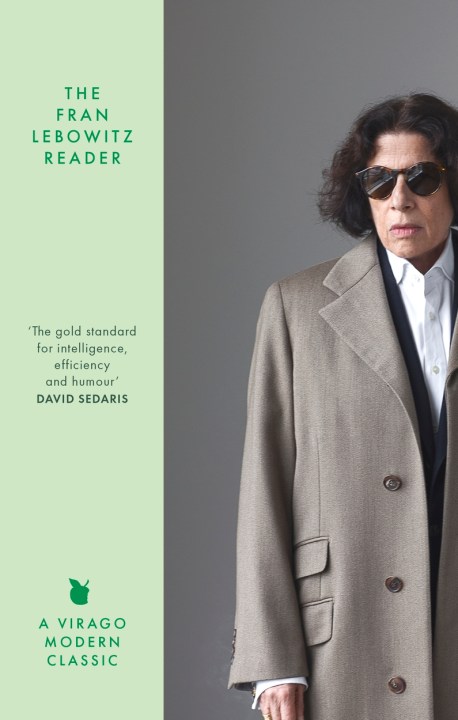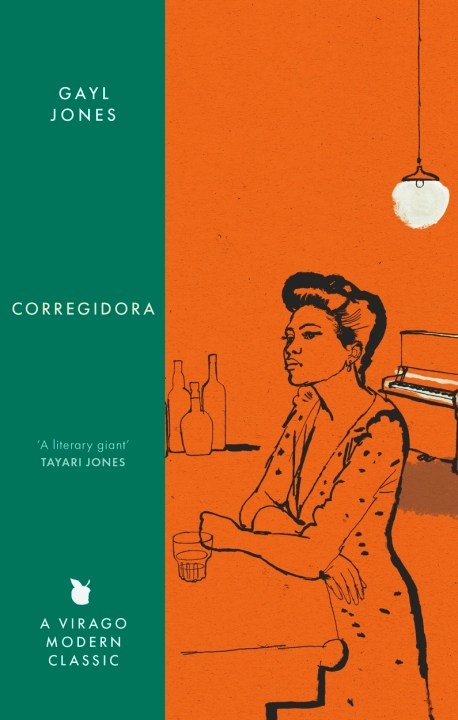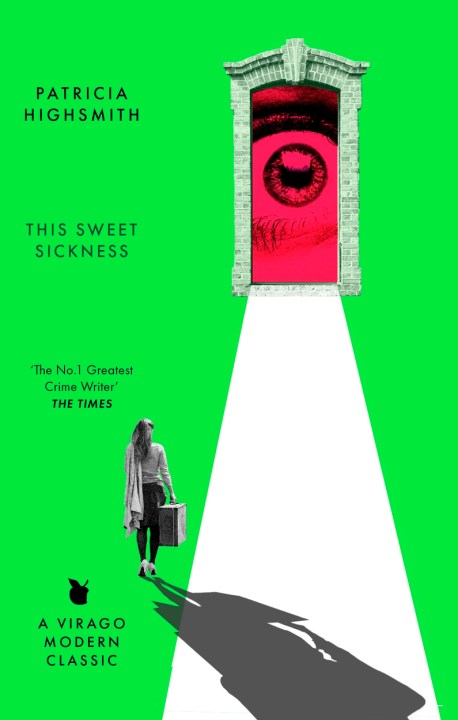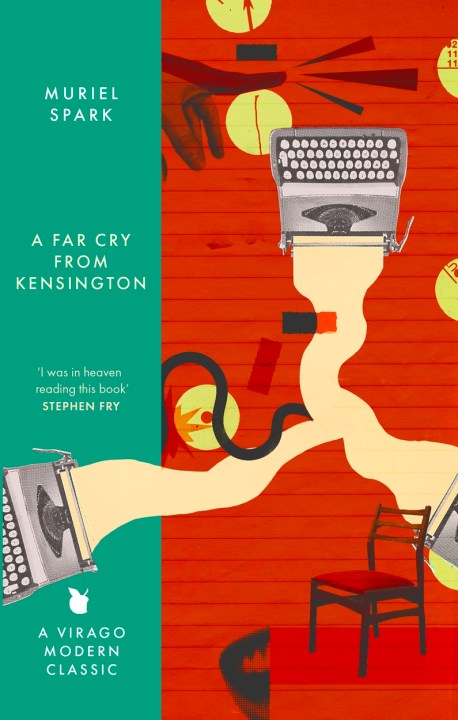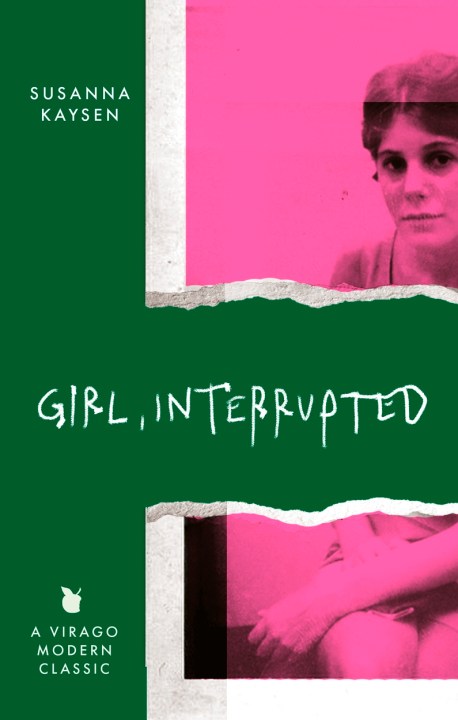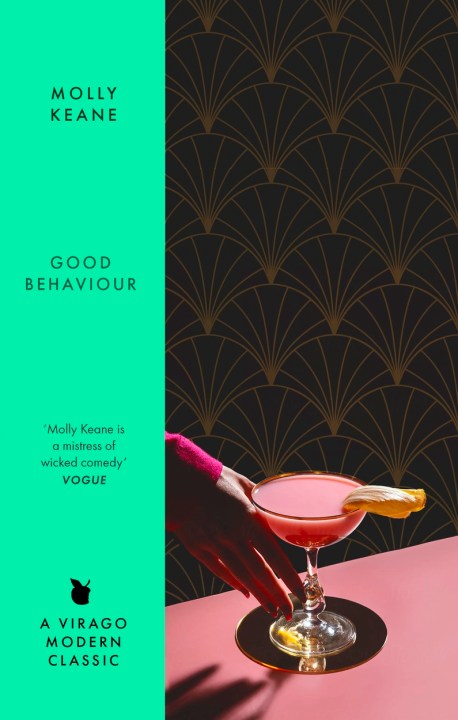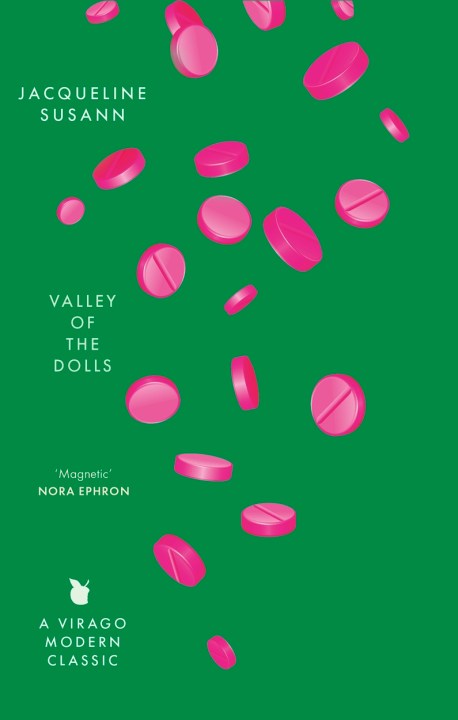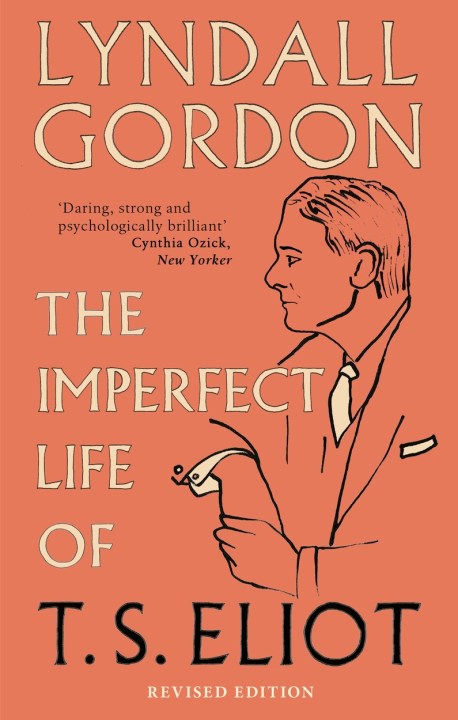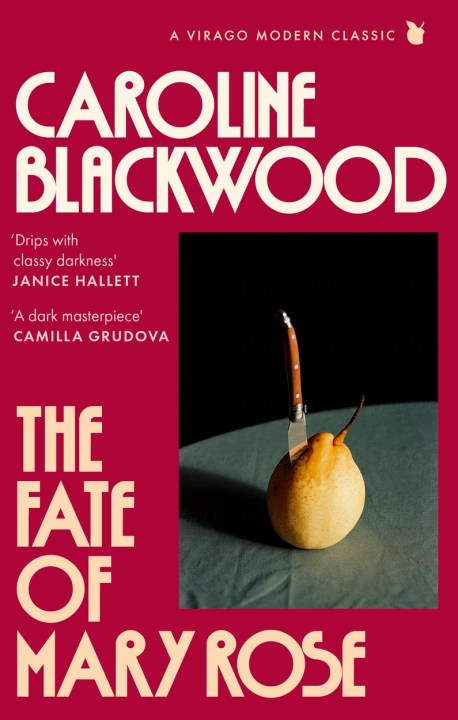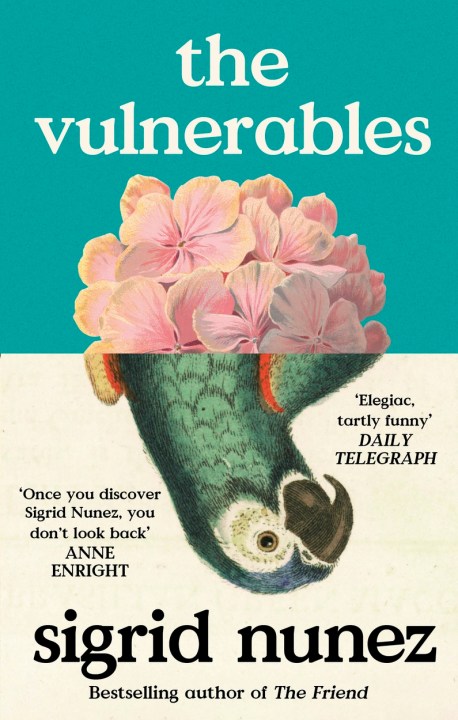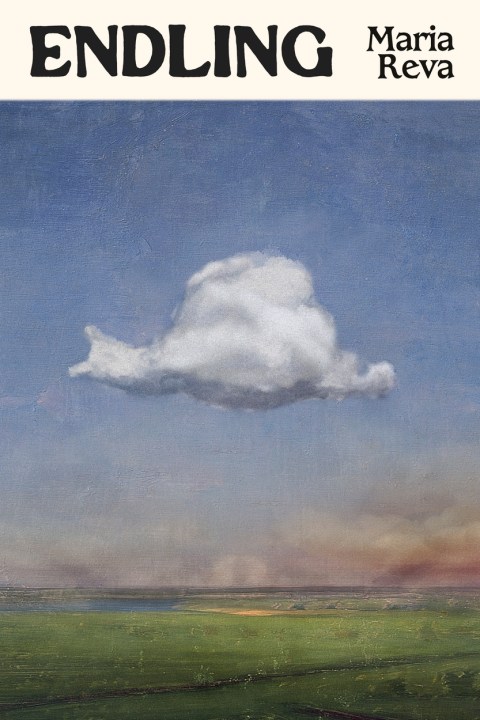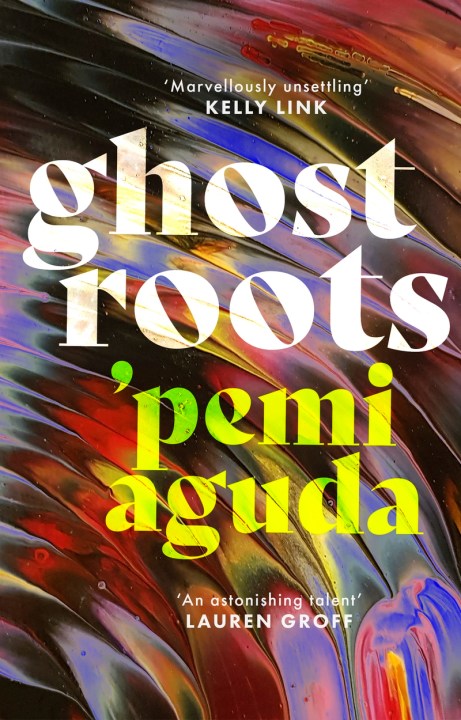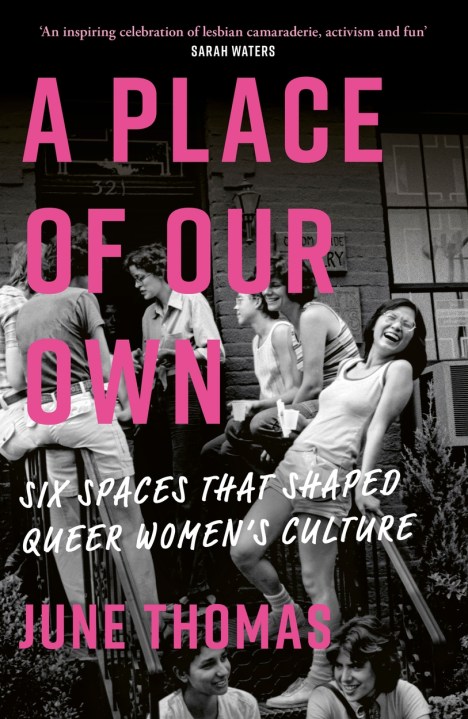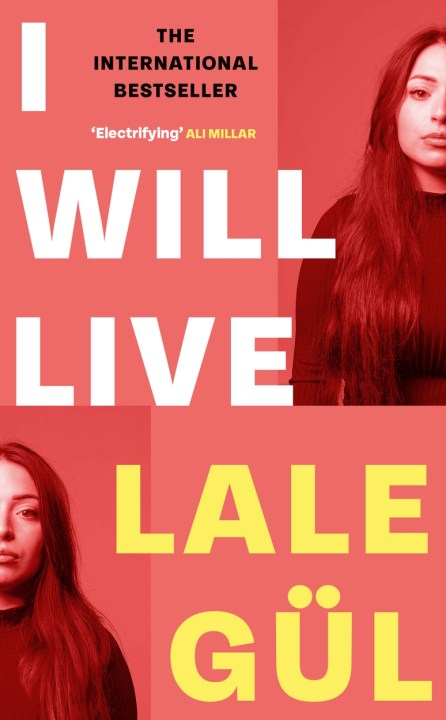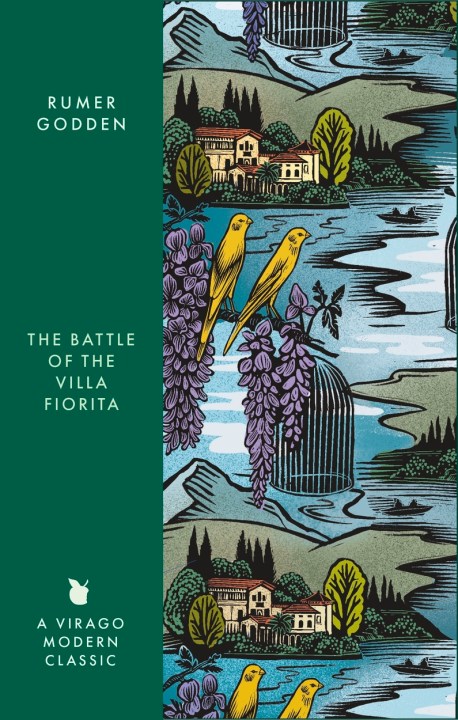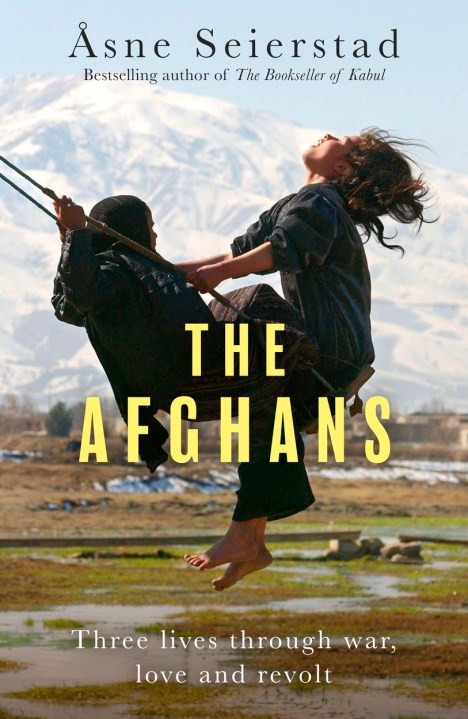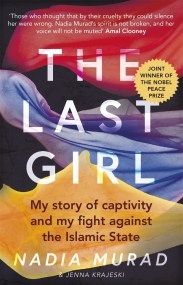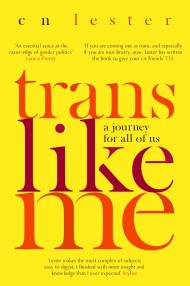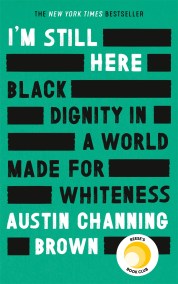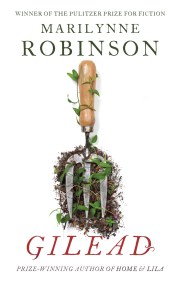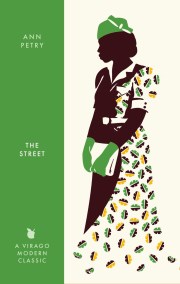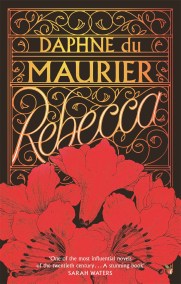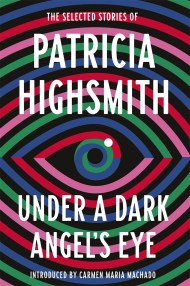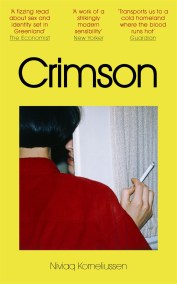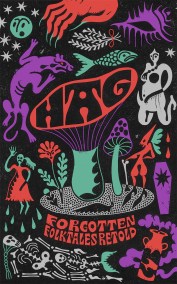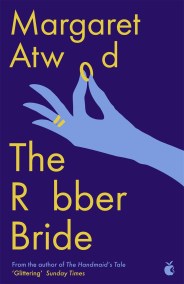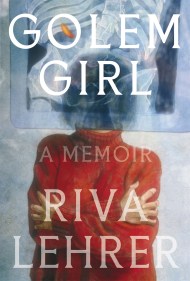A feminist publisher of outstanding books for all readers
Virago was founded by Carmen Callil in 1973 as a feminist publishing company. Inspired by the political and social change of that decade, the women who created Virago believed passionately that writing by women should be celebrated, enjoyed, taken seriously and read widely. Writers and readers immediately embraced the list: women wanted a voice, to understand their history, to be championed and to see themselves on the page. Decades later, we at Virago still believe that books can change the world.
The name Virago (meaning heroic war-like woman or, as the Thesaurus has it a name for a particular kind of woman: biddy, bitch, dragon, fire-eater, fury, harpy, harridan, hussy, muckraker, scold, she-devil, siren, spitfire, termagant, tigress, vituperator, vixen, wench) signaled the founders’ intent to challenge, entertain, enrich, raise eyebrows and revolutionise the literary landscape.
We have always been committed to amplifying the widest range of women writers and elevating voices from all backgrounds. More recently, as part of our commitment to an ever more inclusive feminism, we also publish and welcome submissions from writers of underrepresented genders. Our publishing has always had enormous range, from literary fiction, humour and poetry, to polemic, history and memoir, and beyond. And we embrace new ways of reaching different readers, whether that’s launching the Ourshelves podcast, starting a graphic novel list or publishing children’s classics. Taken together, this breadth and variety says: our authors can write about anything – and should be read and enjoyed by everyone.
In 1978 the Virago Modern Classics list was born, with their iconic green spines. The list’s aim was, and is, to celebrate women writers, to demonstrate the existence of a canon of women’s writing and to redefine the often narrow idea of a ‘classic’. Ali Smith has said that the VMC list is ‘simply one of the best and most essential things that has happened in publishing in our time’ and Margaret Drabble has said that the VMCs ‘have reshaped literary history and enriched the reading of us all’.

